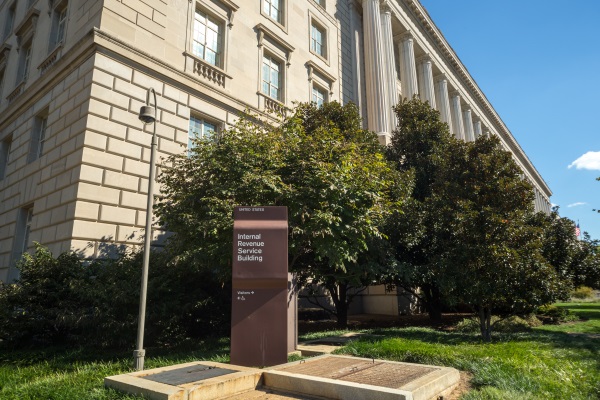Yearly Archives: 2018
New code subsection 263A(i) excludes a company whose average gross receipts do not exceed $25,000,000 from IRC 263A. I don’t think the accounting world has a good handle on how far reaching this can be. For example: most people are discussing this in terms of the 263A adjustment. The 263A adjustment to include mixed service […]
We’ve all been there. In a meeting to discuss a significant change that is occurring we sense that we should say something. But what? This scenario closely aligns to what many firms are encountering as they audit the first round of not-for-profits that have implemented ASU No. 2016-14, Presentation of Financial Statements of Not-for-Profit Entities. […]
While the Yellow Book has been around since 1972, it was the 1988 revision of the standards which first established specific hourly CPE requirements for auditors working on Yellow Book engagements. The genesis of the CPE requirements stems from auditing history and experience as much as anything. When auditors leave college, they typically have little […]
As December 31, 2018, draws nigh, not-for-profits are thinking more and more about the implementation of ASU No. 2016-14, Presentation of Financial Statements of Not-for-Profit Entities. Under ASU No. 2016-14, not-for-profits continue to be required to provide information about expenses by their functional classification either on the statement of activities or in the notes to […]
IRS announced the 2019 COLA adjustments to retirement plan limits on November 1, 2018 in Notice 2018-83. Elective deferrals for 401(k), 403(b), etc. plans rise from $18,500 to $19,000, plus $6,000 for those age 50 or older. The limit on defined contribution accounts increases from $55,000 to $56,000. The definition of a key employee in […]
Detecting a finding provides information. Detecting what caused the finding leads to transformation. Under the 2018 Yellow Book, findings may involve: (1) a deficiency in internal control (2) noncompliance with provisions of laws, regulations, contracts, or grant agreements; or (3) instances of fraud. Regardless of the type of finding identified, the root cause of a […]
ASU No. 2016-14, Presentation of Financial Statements of Not-for-Profit Entities, is effective for fiscal years beginning after December 15, 2017. With limited exceptions, the amendments in ASU No. 2016-14 are required to be applied on a retrospective basis in the year that ASU No. 2016-14 is first applied. A retrospective application entails the application of […]
When in the course of human events it becomes necessary for auditors to implement the 2018 Yellow Book (i.e., financial audits for periods ending on or after June 30, 2020) it is important that they not overlook a new requirement found in the Yellow Book’s quality control requirements. Under the 2018 Yellow Book, at least […]

Since TCJA passed last December, we have heard from a multitude of professionals with varying levels of concern regarding the continued existence of the food and beverage deduction in light of the fate of entertainment expenses. Well, Notice 2018-76, issued October 3, 2018, clarifies that taxpayers generally may continue to deduct 50% of the food […]

In Proposed Regs 112176-18 issued August 23, 2018, IRS put a major damper on efforts to skirt the TCJA’s state and local tax deduction cap. I have found in talking to various professionals that these so-called SALT deduction workarounds are not very well understood in practice or effect. So, let’s start with a basic understanding […]




